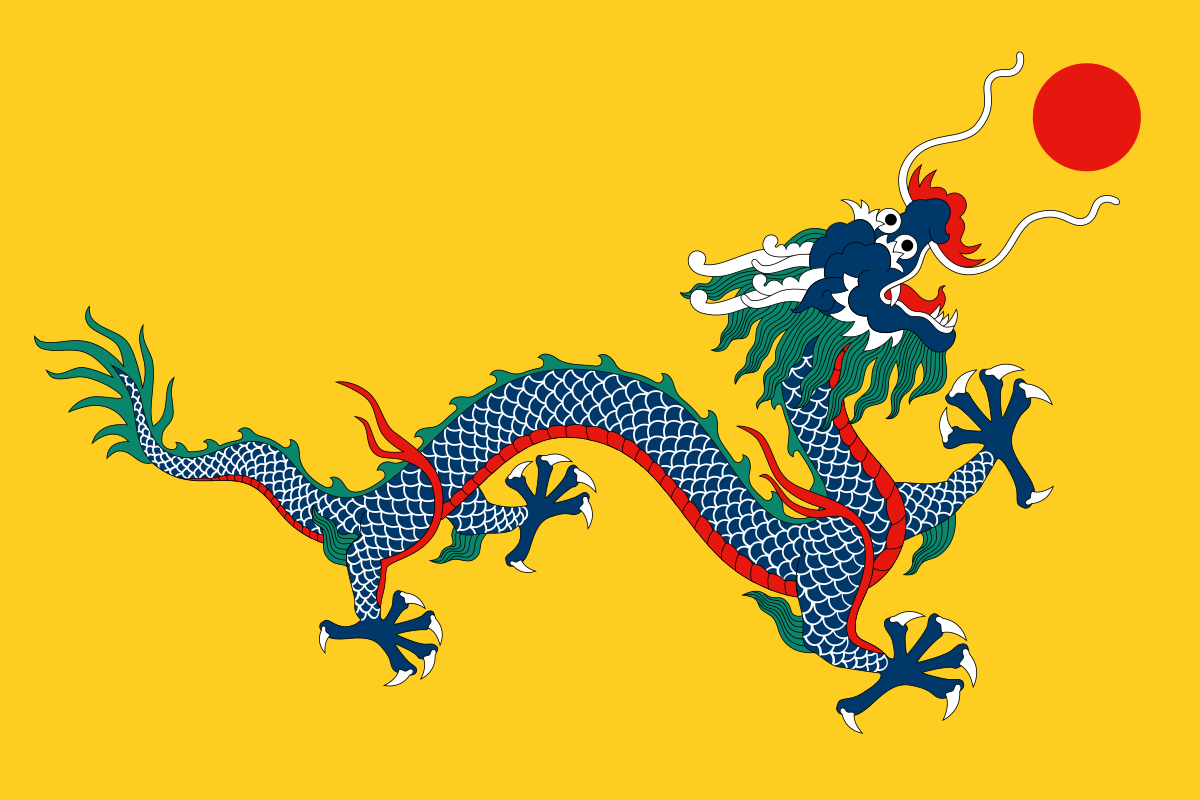
What was the Manchu Dynasty? The Manchu Dynasty, also known as the Qing Dynasty, was the last imperial dynasty of China, ruling from 1644 to 1912. Originating from the Manchu people in northeastern China, they overthrew the Ming Dynasty and established a reign that expanded China's borders to their greatest extent. The Qing era saw significant cultural, economic, and political developments, including the flourishing of arts and literature. However, it also faced internal strife, corruption, and external pressures from Western powers. The dynasty's decline led to the 1911 Revolution, which eventually ended over two millennia of imperial rule in China.
The Rise of the Manchu Dynasty
The Manchu Dynasty, also known as the Qing Dynasty, ruled China from 1644 to 1912. It was the last imperial dynasty of China and left a significant mark on Chinese history. Here are some fascinating facts about this powerful era.
-
The Manchu Dynasty was founded by the Jurchen Aisin Gioro clan in northeastern China.
-
The dynasty's name, "Qing," means "clear" or "pure" in Chinese.
-
The Manchus were originally a nomadic people who lived in what is now northeastern China.
-
The dynasty was established after the fall of the Ming Dynasty, which had ruled China for nearly 300 years.
Key Figures and Events
Several key figures and events shaped the course of the Manchu Dynasty. These individuals and moments played crucial roles in the dynasty's history.
-
Nurhaci, a Jurchen chieftain, laid the foundation for the Manchu Dynasty by uniting the Jurchen tribes.
-
Hong Taiji, Nurhaci's son, officially declared the establishment of the Qing Dynasty in 1636.
-
The dynasty's most famous emperor, Kangxi, ruled for 61 years, making him one of the longest-reigning emperors in Chinese history.
-
The Qianlong Emperor, Kangxi's grandson, expanded the empire to its greatest territorial extent.
Cultural and Social Impact
The Manchu Dynasty had a profound impact on Chinese culture and society. Their influence can still be seen today in various aspects of Chinese life.
-
The Manchus introduced the queue hairstyle, which required men to shave the front of their heads and braid the rest of their hair.
-
The dynasty promoted the use of the Manchu language alongside Chinese, although Chinese remained the dominant language.
-
The Manchus were known for their elaborate court rituals and ceremonies, which emphasized their authority and legitimacy.
-
The dynasty saw the flourishing of Chinese arts and literature, with many famous works being produced during this period.
Military and Expansion
The Manchu Dynasty was known for its military prowess and territorial expansion. Their conquests and military strategies were key to their success.
-
The Manchu army was highly organized and disciplined, with a strong emphasis on cavalry.
-
The dynasty expanded China's borders to include Taiwan, Tibet, and parts of Central Asia.
-
The Great Wall of China was extended and reinforced during the Manchu Dynasty to protect against invasions.
Decline and Fall
Despite its many achievements, the Manchu Dynasty eventually faced decline and fall. Several factors contributed to its downfall.
-
The Opium Wars with Britain weakened the dynasty and exposed China's vulnerabilities to foreign powers.
-
Internal rebellions, such as the Taiping Rebellion and the Boxer Rebellion, further destabilized the dynasty.
-
The last emperor of the Manchu Dynasty, Puyi, was forced to abdicate in 1912, marking the end of over two millennia of imperial rule in China.
The Manchu Legacy Lives On
The Manchu Dynasty left a lasting mark on Chinese history. From the Great Wall's fortification to the Qing emperors' cultural contributions, their influence remains evident. The dynasty's ability to adapt and integrate with Han Chinese culture helped them rule for nearly three centuries. Their unique hairstyles, clothing, and language still fascinate historians and enthusiasts alike.
Understanding the Manchu Dynasty's impact provides insight into China's rich tapestry of history. Their legacy is a testament to the power of cultural fusion and resilience. Whether you're a history buff or just curious, the Manchu Dynasty offers a captivating glimpse into a bygone era. So next time you think about China's past, remember the Manchus and their incredible journey. Their story is a vital chapter in the grand narrative of human civilization.
Was this page helpful?
Our commitment to delivering trustworthy and engaging content is at the heart of what we do. Each fact on our site is contributed by real users like you, bringing a wealth of diverse insights and information. To ensure the highest standards of accuracy and reliability, our dedicated editors meticulously review each submission. This process guarantees that the facts we share are not only fascinating but also credible. Trust in our commitment to quality and authenticity as you explore and learn with us.


